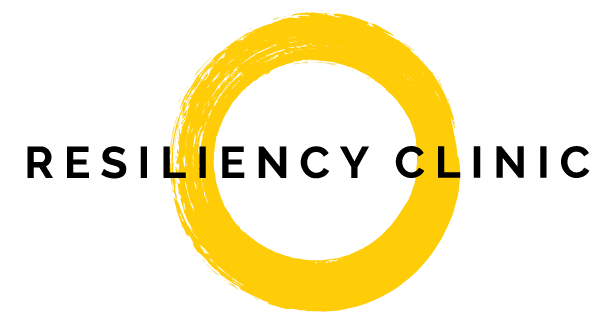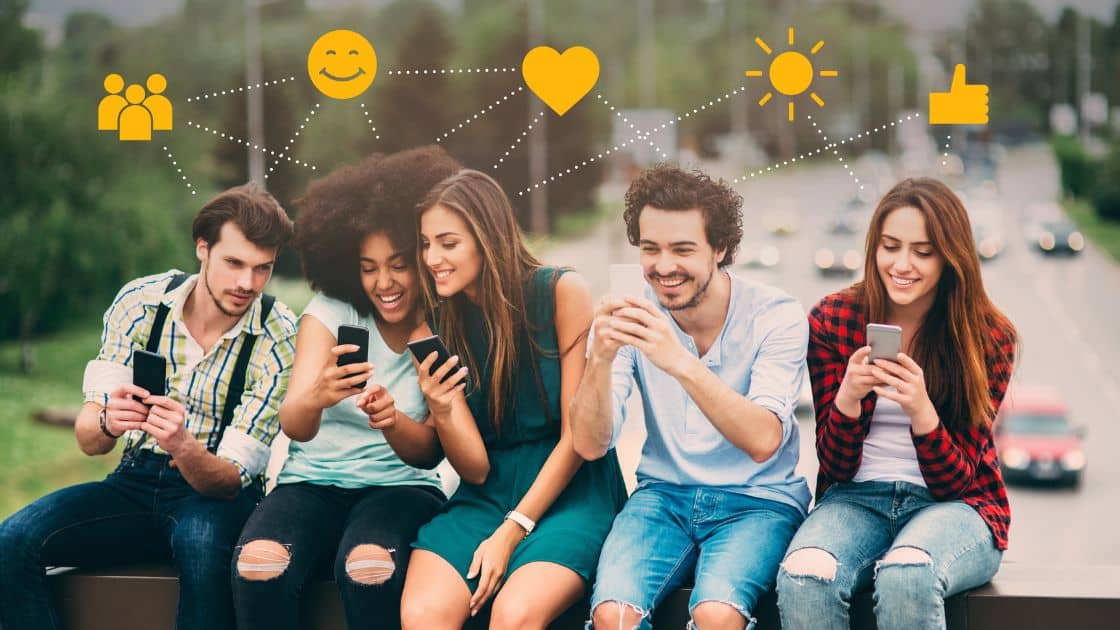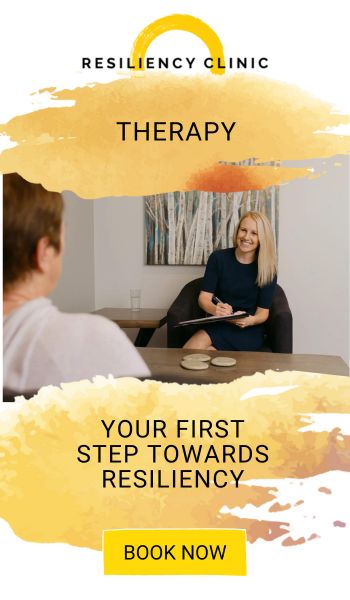The rise of social media platforms has significantly transformed how we communicate and connect. Platforms like Facebook, Instagram, and X have become virtual hubs for sharing thoughts and experiences and connecting with friends and family. While social media has undoubtedly revolutionized the way we live and interact, there is growing concern about its impact on mental health. In this article, we will take a deep dive into the relationship between social media and mental health, exploring the positive and negative influences and motivations behind social media use, recognizing the signs of mental health issues, and strategies for modifying social media use for better mental health. Understanding these aspects is crucial in navigating the digital world while safeguarding our mental well-being.
Social Media’s Role in Mental Health
Before exploring the impact of social media on mental health, it is essential to understand the significant role social media plays in shaping our emotional well-being. Social media platforms have the power to influence and affect mental health in various ways. The effects of social media on mental health can be both positive and negative, and it is important to explore the different aspects to gain a comprehensive understanding.
Positive Influences of Social Media on Mental Health
Social media platforms have emerged as powerful tools for mental health awareness and support communities. They allow individuals to connect with others who share similar experiences, fostering a sense of belonging and emotional support. Through these social networks, people can exchange advice, share coping strategies, and offer empathetic support, ultimately improving mental well-being despite the physical distance between individuals.
Moreover, social media platforms offer access to valuable mental health resources and information. These platforms allow individuals to discover and follow mental health professionals, organizations, and resources, providing a wealth of knowledge and support. Mental health advocates and professionals can use social media to spread awareness, educate the public, and share strategies for managing mental health challenges.
Positive social media interactions also contribute to increased emotional support and well-being. Meaningful connections and interpersonal relationships formed on social media platforms can provide a sense of companionship and emotional validation. Engaging in constructive conversations, expressing kindness, and offering support on social media can foster positive emotional experiences and enhance overall mental health.
Sharing personal stories and experiences on social media can reduce stigma and promote empathy. When individuals openly discuss their mental health journeys, it humanizes the struggles and challenges associated with mental health issues, creating a supportive environment for others. This increased empathy and understanding go a long way in breaking the barriers of shame and isolation surrounding mental health, ultimately fostering a more inclusive and supportive online community.
Negative Impacts of Social Media on Psychological Well-being
Excessive social media use has been associated with an increase in depressive symptoms and a sense of social isolation. Engaging in social comparison on different platforms can significantly impact self-esteem, leading to negative self-perception. Moreover, exposure to negative or triggering content on social media sites can exacerbate existing mental health issues, affecting the psychological well-being of young adults and individuals of all age groups.
Research papers suggest that cyberbullying and online harassment on social networking platforms can have detrimental effects on one’s mental health, leading to feelings of exclusion and reduced social support from family members and friends. Additionally, over-reliance on social media for validation and self-worth can result in negative posts and fewer friends, ultimately contributing to poor mental health outcomes. Recent studies highlight the negative aspects of excessive phone use and the impacts of social media on human beings’ mental and emotional well-being.

What Are The Motivations Behind Social Media Use?
What drives people to use social media platforms? Understand the motives behind social media use and how it impacts mental health. Explore the various factors leading to excessive social media use and the phenomenon of social comparison.
Factors Leading to Excessive Social Media Use
The design of social media platforms, like infinite scrolling and push notifications, has been found to encourage much time spent on these sites. Recent studies have shown that psychological factors, such as loneliness and low self-esteem, can play a significant role in contributing to excessive social media use. Furthermore, young people may turn to social media as a coping mechanism for stress and depressive symptoms. It’s also important to consider the influence of peer pressure, social norms, and societal expectations, which can all contribute to the habit of excessive social media use. Recognizing and addressing these underlying factors is crucial for promoting healthy usage and mitigating the negative impacts of social media on mental health.
The Phenomenon of Social Comparison on Social Media
Constantly being exposed to curated and idealized content on social media encourages the habit of comparing one’s life, achievements, and appearance to others. This fosters social comparison, impacting self-esteem and overall mental well-being. As a result, users may experience feelings of inadequacy and dissatisfaction, affecting their mental health. Understanding the implications of social comparison on mental well-being is crucial in promoting healthier social media use.

How to Recognize the Signs of Mental Health Issues Due to Social Media
Recognizing signs of mental health issues due to social media is crucial for individuals’ well-being. Recent studies have shown a link between much time spent on social media and depressive symptoms, especially in young adults. A systematic review by the University of Pennsylvania study highlights the negative impacts of social media on mental health, such as feelings of exclusion and fewer friends. It’s vital to be aware of the negative aspects of social networking and recognize symptoms in oneself or family members. Seeking social support and limiting phone use can help mitigate these effects.
Research papers published by the Pew Research Center emphasize the importance of understanding social media’s impacts on young people seeking validation through different platforms. Being mindful of negative posts and prioritizing offline interactions can improve mental well-being in the digital age.
Symptoms of Anxiety and Depression Linked to Social Media Use
Excessive social media use has been associated with an increased risk of depressive symptoms and anxiety, according to studies. Research from the University of Pennsylvania study and recent systematic reviews have highlighted the negative impacts of social media on mental health, especially among young adults. The companionship provided by family members and good friends is essential for emotional well-being, but excessive social networking may contribute to feelings of loneliness and reduced social support.
In today’s world, where human beings are inherently social creatures, the regular use of social media sites can lead to less time spent engaging in face-to-face interactions, resulting in fewer friends and decreased emotional support. Recent research in this area, including work from the Pew Research Center and Google Scholar, has emphasized the need for a balanced approach to social media use to protect mental health.
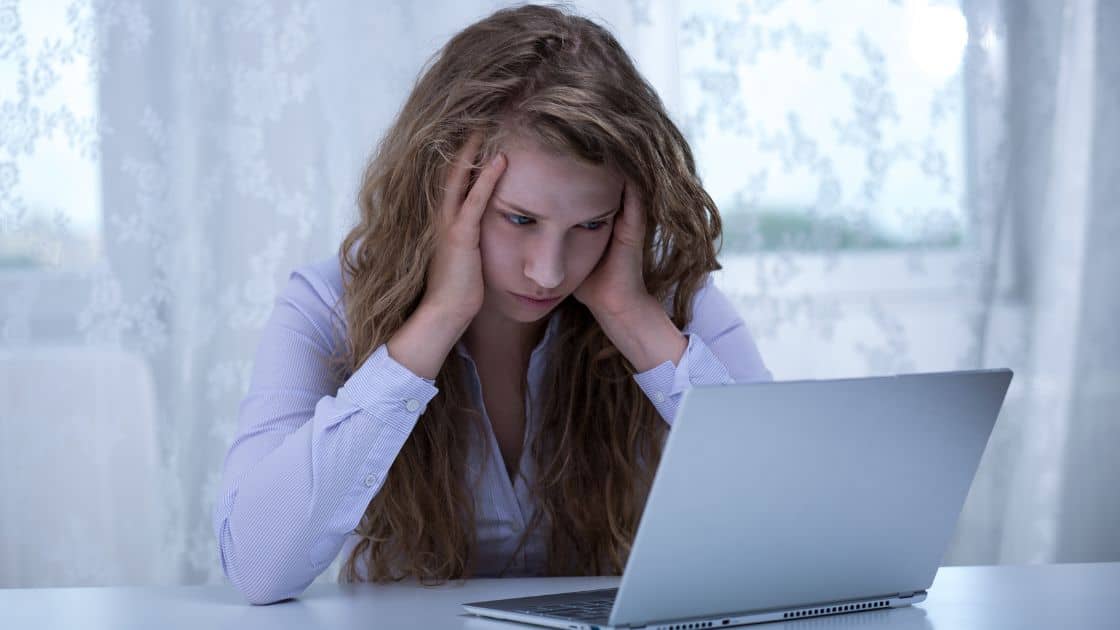
Indicators of Reduced Productivity from Excessive Screen Time
The impact of excessive screen time on productivity is profound, particularly regarding social media usage. Research from the Pew Research Center and a systematic review of recent studies show that spending too much time on social media can reduce daily productivity. Individuals, especially young adults, tend to spend much time on social networking sites, leading to depressive symptoms and less time for real-life social interactions. A University of Pennsylvania study suggests that excessive social media use can be akin to slot machines, affecting time management and overall productivity. As human beings, we thrive on social support and interaction. However, excessive social media use may lead to fewer real-life friends, impacting productivity and well-being. Therefore, recognizing these indicators of reduced productivity is crucial in managing our screen time for a more balanced lifestyle.
Strategies for Modifying Social Media Use for Better Mental Health
Young adults spend much time on social networking sites, impacting their mental health. According to the Pew Research Center, recent studies have shown that excessive phone use, especially on social media sites like Facebook, is linked to depressive symptoms. To counteract the negative aspects of social media, it’s essential to modify usage patterns. Encouraging offline interactions with family members and good friends can provide vital social support. Additionally, reducing time spent scrolling through negative posts and engaging in activities that promote mental well-being is crucial. A systematic review by the University of Pennsylvania study found that human beings, as social creatures, thrive on social support and interaction regularly. By recognizing the impacts of social media and implementing these strategies, individuals can actively work towards bettering their mental health concerning their social media use.
Reducing Time Spent on Social Media Platforms
It’s essential to allocate specific time slots for social media use and stick to the schedule. Unfollow accounts or groups that contribute to negative feelings or comparisons and engage in activities that reduce the urge to scroll through social media mindlessly. It’s important to prioritize real-life experiences and interactions over prolonged social media use, and implementing technology-free zones or designated screen-free periods in your daily routine can benefit your mental well-being. By consciously making these changes, individuals can create a healthy balance in their social media consumption and overall well-being.

Shifting Focus from Others’ Lives to Self-Improvement
Individuals can use social media for personal growth by following and engaging with content promoting self-improvement. Setting goals for personal development and using social media as a source of motivation can inspire and encourage positive change. It’s important to reflect on personal achievements and progress and share positivity on social media to foster a supportive online community. By consciously limiting comparisons and focusing on the unique aspects of one’s own life and journey, individuals can cultivate a healthier online experience. Moreover, social media can serve as a platform for self-expression and creativity, allowing users to showcase their individuality and talents. Embracing these practices can help individuals shift their focus from others’ lives to self-improvement, promoting a more positive and enriching interaction with social media platforms.
Emphasizing Offline Interactions for Improved Mental Health
Recent research has shown that much time spent on social media sites is associated with depressive symptoms, especially in young adults. A systematic review by the University of Pennsylvania study found that excessive Facebook use led to feelings of loneliness and depression due to exposure to negative posts. Encouraging offline interactions, such as spending quality time with family members and good friends, can provide the necessary social support human beings require. Regular face-to-face conversations and activities can help combat the negative aspects of social media use and foster healthier relationships. By emphasizing the importance of offline interactions, individuals may experience a boost in their mental well-being through genuine connections and reduced feelings of isolation.
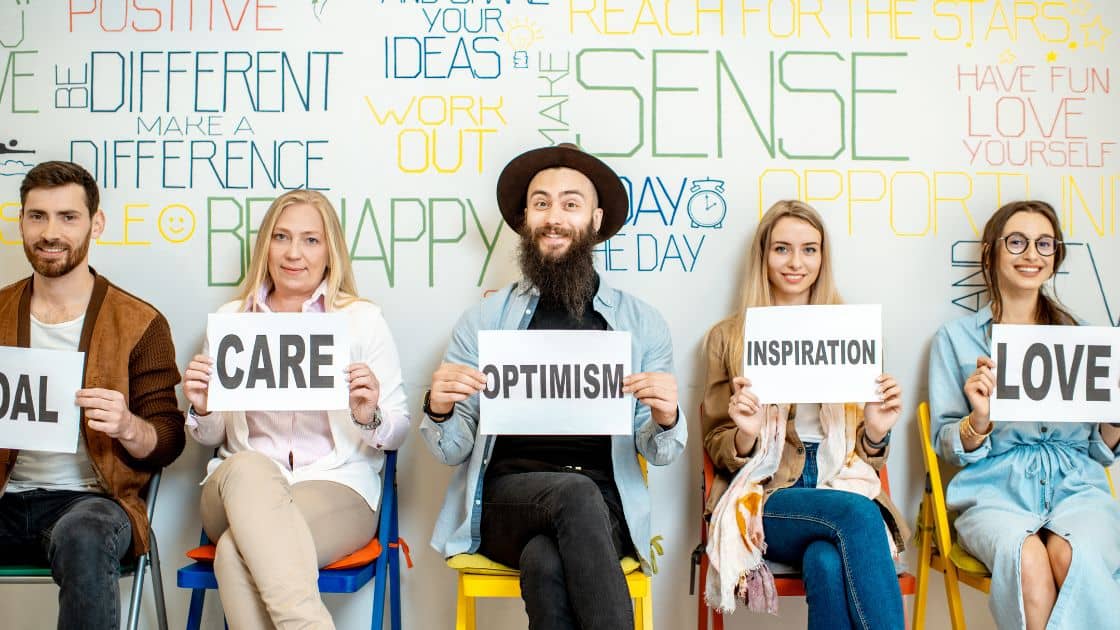
Benefits of Face-to-Face Social Interactions
Face-to-face interactions are crucial in stimulating empathy, understanding, and emotional support. They offer opportunities to create authentic and memorable experiences through direct human connection, which can significantly impact mental well-being. Individuals can build trust, deepen relationships, and share activities with others by engaging in in-person conversations, leading to a sense of belonging and emotional fulfillment. Furthermore, non-verbal cues and physical proximity in face-to-face interactions allow for the genuine conveyance of emotions and feelings, fostering deeper connections and a greater sense of community. These elements highlight the profound benefits of face-to-face social interactions in promoting holistic well-being and meaningful human connection.
Engaging in Offline Activities for Mental Stimulation
Prioritizing activities that provide a break from the digital world and screen time is crucial. Exploring outdoor activities and hobbies that promote mental and physical well-being can be incredibly beneficial. Additionally, engaging in artistic, hands-on activities can stimulate creativity and cognitive skills. Immersing oneself in nature and natural environments can provide much-needed mental rejuvenation while participating in sports or group activities encourages social interaction and teamwork. Research papers have also shown that these offline activities can be incredibly helpful, particularly for young people who often spend much time on social networking platforms. It’s essential to recognize the negative aspects of excessive screen time and social media use, and therefore, embracing offline activities is crucial for our mental well-being.
The Role of Gratitude in Enhancing Online Experience
Cultivating a sense of thankfulness and mindfulness while using social media platforms is essential for enhancing the online experience. It’s important to practice gratitude and appreciation in online interactions and engagements, sharing positive and uplifting content to inspire and uplift others on social media. Expressing genuine appreciation and acknowledgment for the support and kindness received can profoundly impact one’s well-being in today’s world of social networking. Moreover, utilizing social media to express gratitude and connect with others in meaningful ways can significantly improve the overall atmosphere on social media sites. Research papers and recent studies by the Pew Research Center and the University of Pennsylvania study have highlighted the positive impacts of social media on mental health when used to foster gratitude and positive interactions.
Practices for Cultivating Gratitude in a Digital World
Keeping a gratitude journal and reflecting on the positive aspects of our online experiences is essential. Engaging in acts of kindness and supporting others within our social media network can create a ripple effect of positivity. It’s essential to celebrate and share our accomplishments and milestones with an attitude of gratitude, fostering a supportive online environment. Using social media platforms to spread awareness and gratitude for social causes and issues can contribute to a more positive online space. Incorporating daily gratitude practices and affirmations into our online interactions can help shift the focus from negative aspects to a more grateful and optimistic mindset. These mindful practices can significantly impact our well-being in the digital world.
Assisting Children and Teens Navigate Social Media Wisely
Young people today spend a lot of time on social media, which can have both positive and negative effects on their mental health. Studies by the University of Pennsylvania and Pew Research Center suggest that social media can lead to depressive symptoms, particularly among young adults. Helping children and teens navigate social media wisely reduces these effects.
Research has shown that social support from family and friends can offset the negative aspects of social media use. Encouraging healthy habits, such as limiting phone use and being mindful of the content consumed on different platforms, can help young people maintain a positive online experience. By promoting offline interactions and emphasizing the importance of face-to-face communication, we can help them develop a balanced approach to social media use. Recognizing the impact of social media and providing tailored guidance to young individuals is essential in today’s world driven by social media.
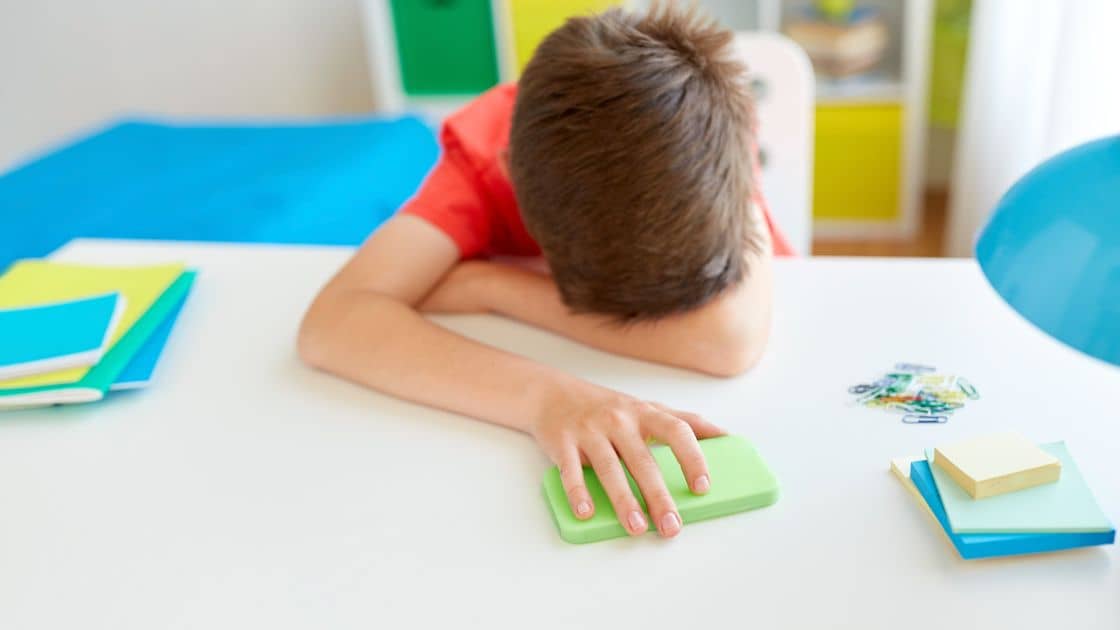
Encouraging Healthy Social Media Habits Among Youngsters
Modelling positive and responsible social media use is crucial as a mentor and role model for young individuals. Teaching them to recognize and address negative feelings triggered by social media helps develop their emotional intelligence. Encouraging authentic self-expression and promoting a healthy self-image on social media platforms fosters self-confidence among children and teens. Empowering them to curate their social media feeds for positive and inspiring content cultivates a sense of control over their online experiences. Advocating for digital well-being and mental health awareness in educational settings and communities creates a supportive environment for young people navigating the complexities of today’s world.
Steps to Protect Children from Cyberbullying and Other Online Threats
it’s crucial to implement parental controls and regularly monitor your child’s online activities to safeguard them from potential online threats. Educating your child about responsible social media use and the significance of privacy empowers them to make informed decisions. Encouraging open communication creates a safe space for your child to address any issues they encounter online, fostering trust and support. Teaching your child to recognize and report cyberbullying or online threats equips them with essential skills to navigate the digital landscape confidently. Staying informed about the latest trends and platforms in social media allows you to stay one step ahead in protecting your child from potential online risks, ensuring their online experiences are positive and secure.

The Link between Personality Traits and Mental Health on Social Media
Personality traits play a significant role in shaping one’s social media interactions. Whether introverted or extroverted individuals can impact how they engage with social media platforms. Moreover, high neuroticism levels can make individuals more vulnerable to the negative impacts of social media on mental health. Research indicates that social media usage can influence individuals’ emotional well-being and self-esteem based on their personality traits. Additionally, different personality types may be prone to varying degrees of social comparison when using social media. The interplay between personality traits, social media behaviour, and mental health outcomes is a complex area that warrants further exploration and understanding in today’s world.
How Does Social Media Impact Our Perception of Reality?
Social media’s influence on our perception of reality is significant. Presenting curated and idealized versions of others’ lives can distort our understanding of what is truly real. Unrealistic beauty standards and lifestyle portrayals further impact our self-perception. Additionally, the false sense of connection and community created by social media can affect our real-life interactions, leading to increased feelings of loneliness and exclusion.
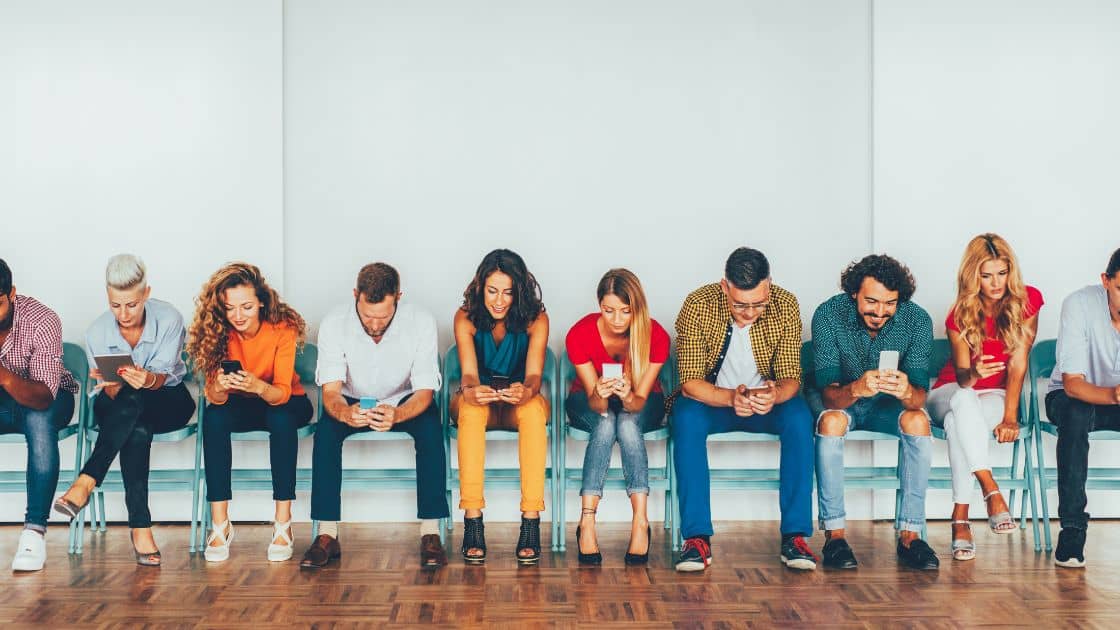
Social Media and Effects on Mental Health: Conclusion
Social media has a significant impact on mental health. While it can provide positive influences such as connection, support, and inspiration, it also has negative effects like comparison, anxiety, and reduced productivity. It is crucial to recognize the signs of mental health issues related to social media use, such as symptoms of anxiety and depression or indicators of decreased productivity. Strategies for modifying social media use and emphasizing offline interactions can greatly benefit mental health. Cultivating gratitude in a digital world and assisting children and teens in navigating social media wisely is also essential. Understanding the link between personality traits and mental health on social media is crucial for maintaining a healthy online experience. Overall, being mindful of our social media habits and prioritizing our mental well-being is key in this digital age.
